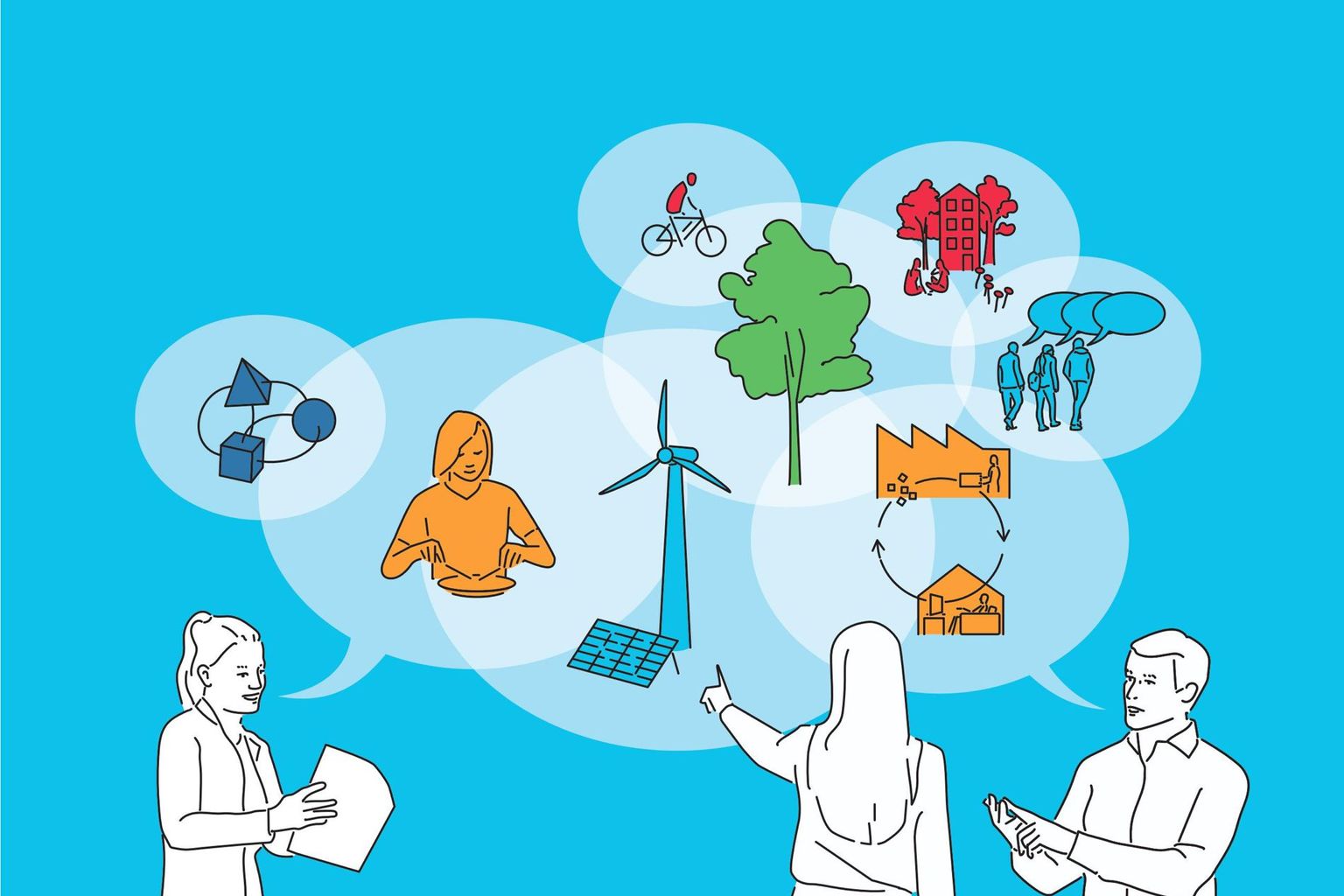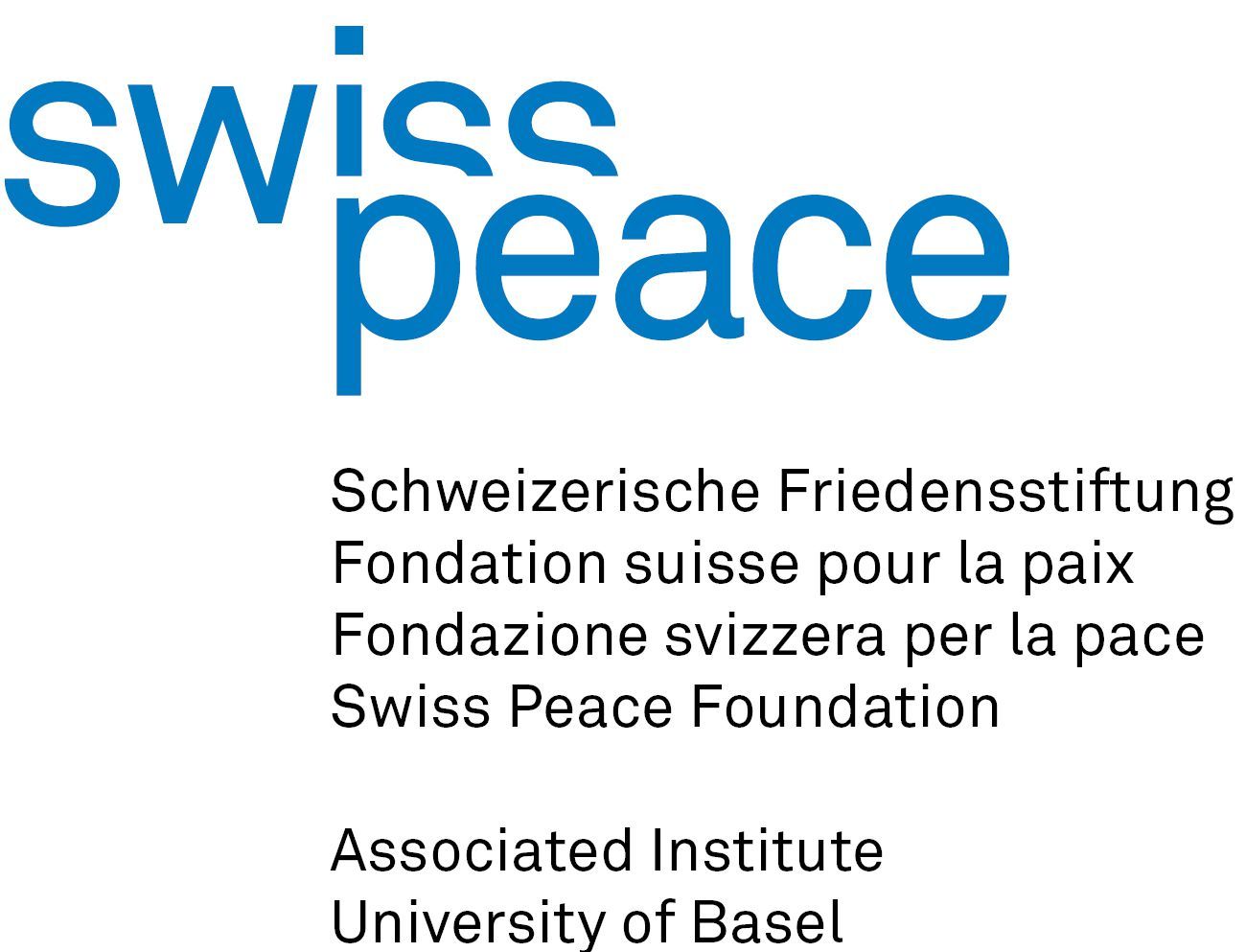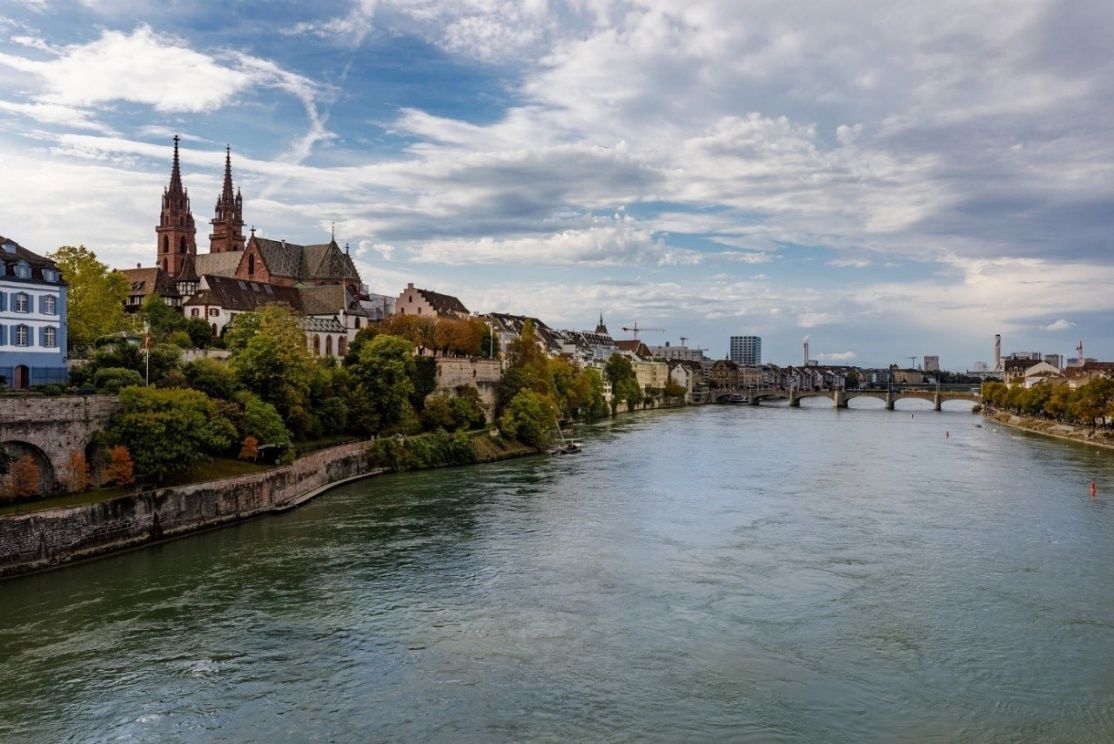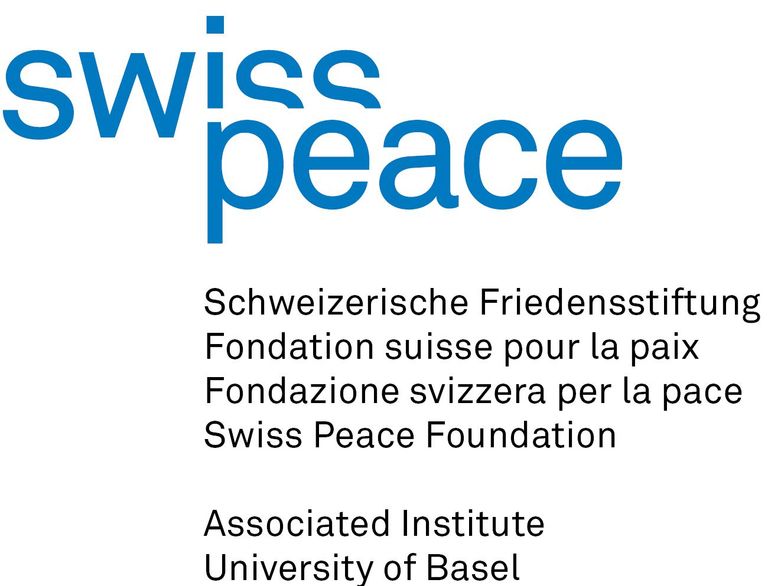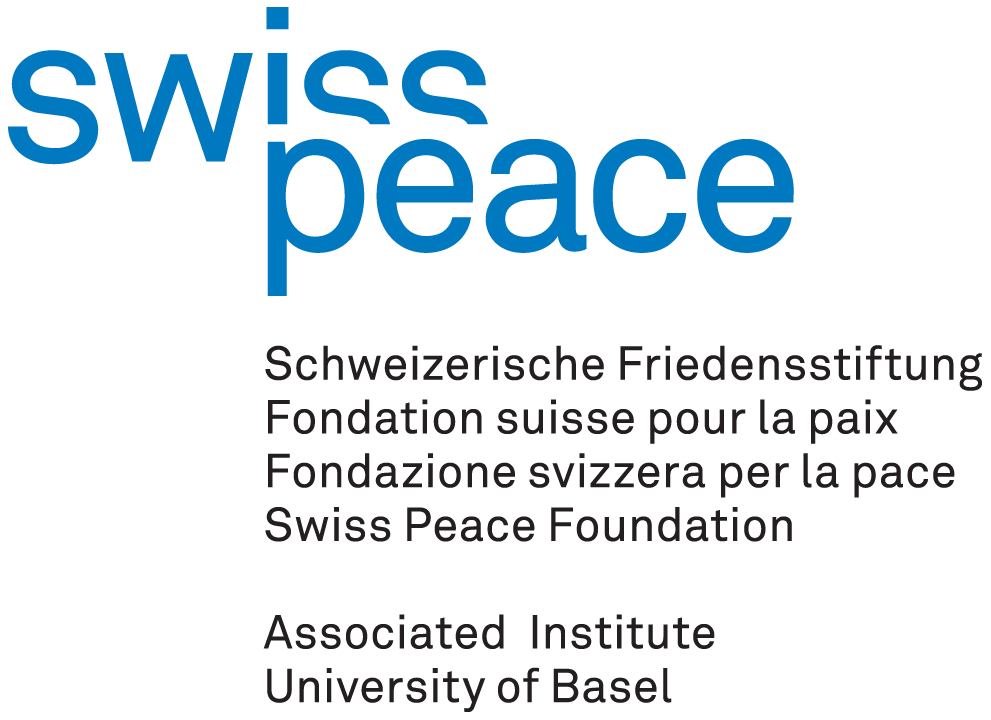Sustainability Science Dialogue - A migration perspective on visions of a sustainable future
swisspeace and Sustainability Research Initiative
Heure
The 17 UN Sustainable Development Goals (SDGs) are an urgent call for action adopted by all Member States. Switzerland is not on track to meet the SDGs. How can science best contribute to accelerating this process? The Swiss Academies of Arts and Sciences have identified six priority themes which outline the most pressing respective research needs. This event aims to discuss shared visions of a sustainable future by placing migration and peace at the centre of the discussion.
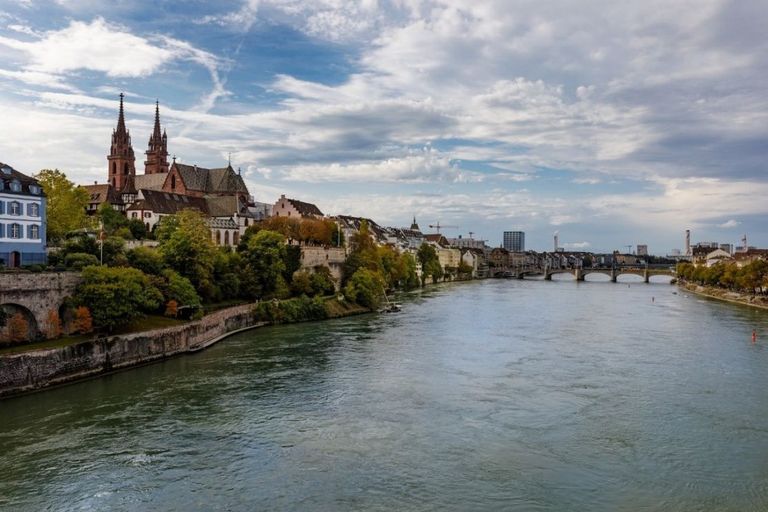
Read blog post with a summary of the event
How can we deal with migration in ways that correspond to sustainability principles, i.e., intra- and intergenerational equity, “leaving no-one behind” and integrity of natural systems? How can research at the intersection of migration, conflict and peace(building) contribute to sustainable development and peace, as envisioned in the Agenda 2030? This overall question will be discussed particularly in connection with SDG 16 (promote peaceful and inclusive societies for sustainable development) and by using the Swiss Academies’ priority theme “Shared values, visions and pathways for sustainability” as a source of inspiration. The vulnerability of migrants and the institutional violence they experience en route and in their destination countries is an unsolved societal issue. At the same time, unsustainable lifestyles and practices in receiving countries leading to externalities in other regions of the world, are often a cause of migration in itself. What is our vision for peace and migration as part of a sustainable and responsible society? What should peace and migration research look like to address these questions?
Programme
15:00 Introduction by Gabriela Wülser (SCNAT) and Metka Herzog (swisspeace)
15:10 Keynote presentation by Andrea Grossenbacher, swisspeace
15:40 Breakout into three parallel sessions. Participants choose which session they would like to attend
Session 1: Causes of migration
Moderator: Metka Herzog, swisspeace
We will widen the discussion of the causes of migration from war and political violence to include also forms of economic and social violence and show how they are interrelated. Legacies of colonialism and climate change have left many territories as economically non-viable. In addition, unsustainable lifestyles in receiving countries lead to externalities in other regions of the world and are a cause of migration in itself.
Why is migration often seen as undesirable, with pressing calls to alleviate root causes for migration? Which values and beliefs inform such migration policies? But also, what do the compelling vision of the good life mean for migration aspirations?
Session 2: Transit migration
Moderator: Andrea Grossenbacher, swisspeace
This session will discuss causes, drivers and consequences of violence and conflict experienced by migrants in transit. It will also look at migrants’ resilience and capacities for peace, thereby highlighting opportunities for peacebuilding in contexts of transit migration. The session will also address how securitized migration policies, such as the European development and security policy, contribute to making migration routes dangerous and criminalize migrants. We will discuss the different stakeholders’ perspectives and explore sustainable pathways to reduce migrants’ vulnerability and support migrants’ resilience, thereby contributing to sustainable peace and development.
Session 3: Destination
Moderator: Julie Bernath, swisspeace
Vulnerabilities of migrants do not end when reaching their destination. This session will delve into migrants’ experiences and the types of structural or institutional violence involved in the (non)reception of migrants in countries of arrival, highlighting experiences of continuities in this regard. Being able to work, to have access to education, to feel safe and lead a decent life are all part of what peace is all about and can only be achieved when all forms of violence are overcome. What can be done so that migrants are not left behind? How can we deal with the lack of political leverage for providing peaceful futures for migrants in receiving countries? And how can migrants’ claims for peace in their countries of origin be addressed?
16:30 Break
16:40 Plenary: Bring together results of breakout sessions. What are the next steps for research?
Moderator: Claske Dijkema, swisspeace
17:00 Closing of workshop by Fabian Käser, SCNAT
Sustainability Science Dialogue
- Sustainability Science Dialogue: 30 years after “Rio” – New research challenges for sustainable development?
- Sustainability Science Dialogue – Mehr Vernetzung für die Nachhaltigkeitsforschung an der ZHAW
- Sustainability Science Dialogue – Nachhaltige Entwicklung von Natur- und Siedlungsräumen im Kanton Bern
- Sustainability Science Dialogue – Gemeinsame Werte, Visionen und Wege zur Nachhaltigkeit
- Sustainability Science Dialogue – Dialogues recherche et durabilité
- Sustainability Science Dialogue + Inauguration de l'Institut UniFR_ESH
- Sustainability Science Dialogue - A migration perspective on visions of a sustainable future
- Sustainability Science Dialogue - Sustainable mitigation and adaptation to climate change
Contacts
Dr Metka Herzog
swisspeace
Kasernenhof 8
4058 BâleDr. Anja Bretzler
SCNAT
Groupe de pilotage de la recherche sur le développement durable
Maison des Académies
Case postale
3001 Berne


